Publications
search by
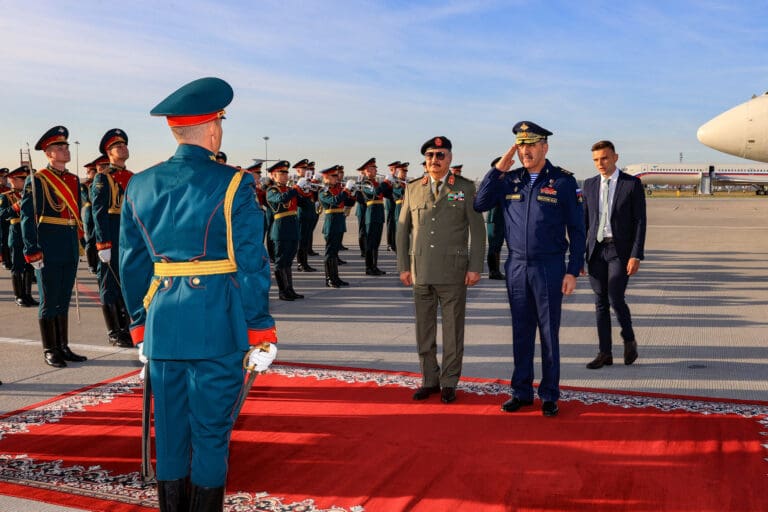
Russia and Türkiye have emerged as simultaneous geopolitical rivals and partners in conflicts across the Middle East, North Africa, the Caucasus, and Europe. Despite being on opposing sides in Syria, Libya, Nagorno-Karabakh and Ukraine, Moscow and Ankara have managed to maintain cooperation and effectively navigate these conflicts to their mutual advantage.
learn more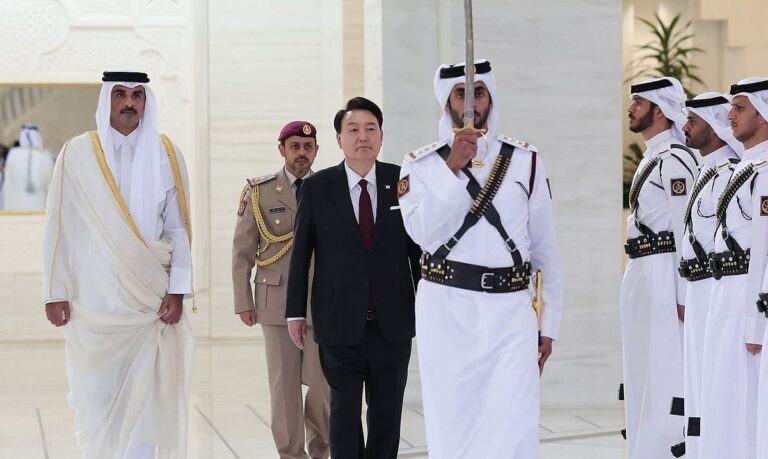
The Trump administration increasingly views its foreign policy through a mercantilist lens, exerting pressure on long-term allies to buy more American products and services and invest in the United States. As part of the administration’s efforts to reduce its trade imbalances, Washington is stepping up pressure on allies and partners, such as the Republic of Korea (ROK), to purchase American liquefied natural gas (LNG) and invest in U.S. LNG projects
learn more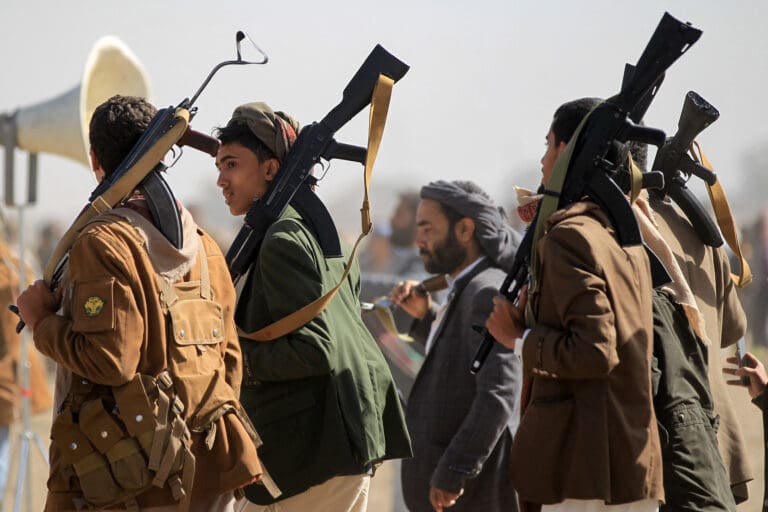
Over a decade of relentless conflict, Yemen’s longest modern war, has fundamentally shattered the country’s social, economic, and political foundations. Famine, extreme poverty, and economic collapse have pushed Yemenis to make grim choices to survive, including joining smuggling networks, working illegally in neighboring countries, or signing up to fight for a wage in conflicts well beyond Yemen’s borders.
learn more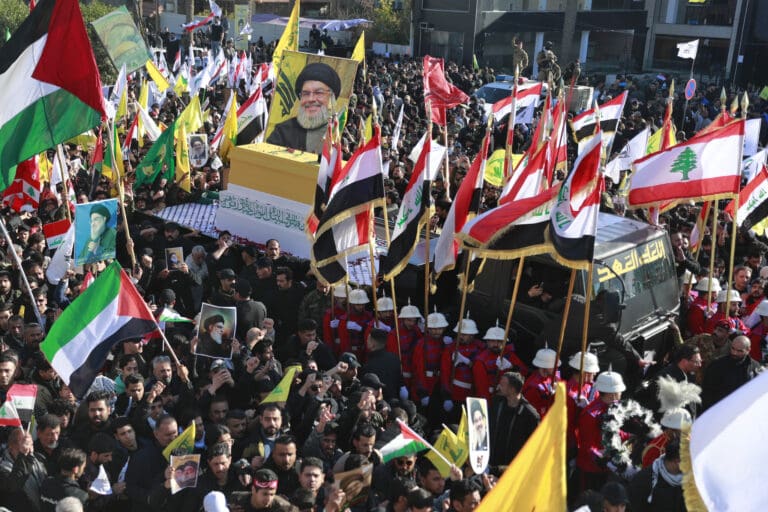
In 2024, Iran’s efforts to gain strategic depth in the Middle East suffered a series of crippling blows. For decades, the Islamic Republic extended patronage to Hamas in the Gaza Strip and Hezbollah in Lebanon, and came to Bashar al-Assad’s aid from 2011 onwards to protect his regime in Syria against armed rebel groups. This strategy, initially aimed at expanding Iran’s regional influence, morphed into a network of deterrence to ward off U.S. and Israeli attacks on Iranian soil.
learn more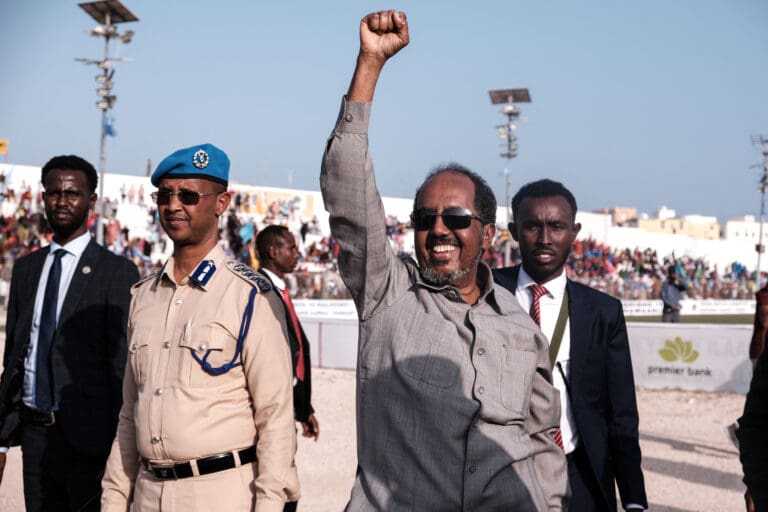
Somalia’s political development has undergone significant transformations, characterized by periods of civilian governance (First Republic), military dictatorship (Second Republic), and a transitional or post-transition state-building era (Third Republic). This policy note calls for preserving the Third Republic and preventing the emergence of parallel administrations and further fragmentation within the country
learn more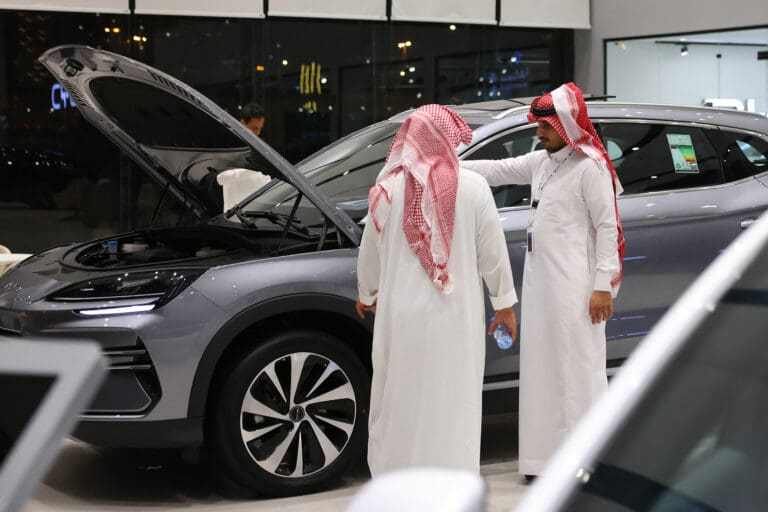
As the Gulf states set their national strategies for digital and green transitions, electric vehicles are flooding into the traditionally fossil fuel-driven auto markets of the Gulf — especially in the Kingdom of Saudi Arabia, the United Arab Emirates, and Qatar.
learn more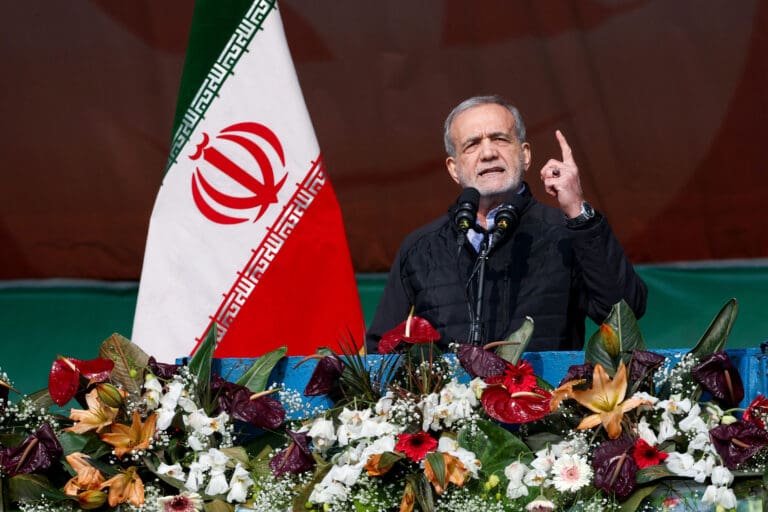
Iranian foreign policy is an important topic that has been extensively studied, given the Islamic Republic’s strategic location in the Middle East and the Asian continent. This issue brief draws its importance from a tense regional and international climate, which has bred growing uncertainty about the behavior of states and the orientations of governments. The need to track Iranian foreign policy also mounts with every political transformation following elections, particularly Iranian presidential elections.
learn more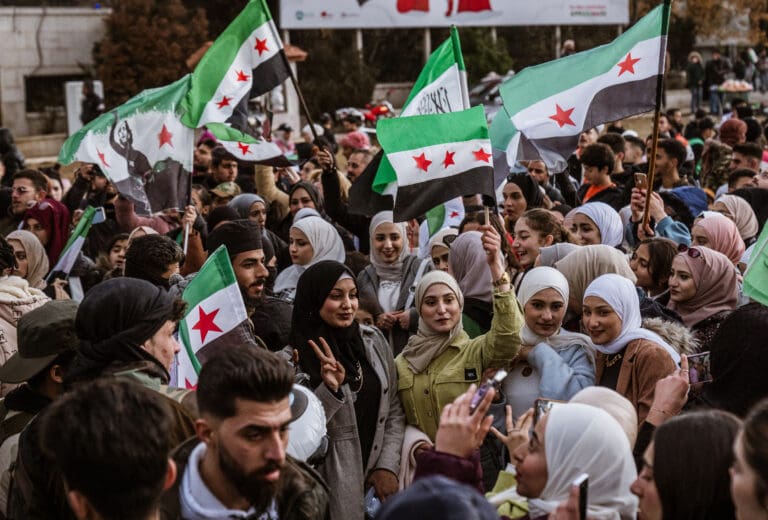
The “Syria Post-Assad: Scenarios and Regional Dynamics” two-day workshop brought together a diverse group of experts, academics, and policymakers from the Middle East and North Africa (MENA) region, the United States, Europe, and Russia.
learn more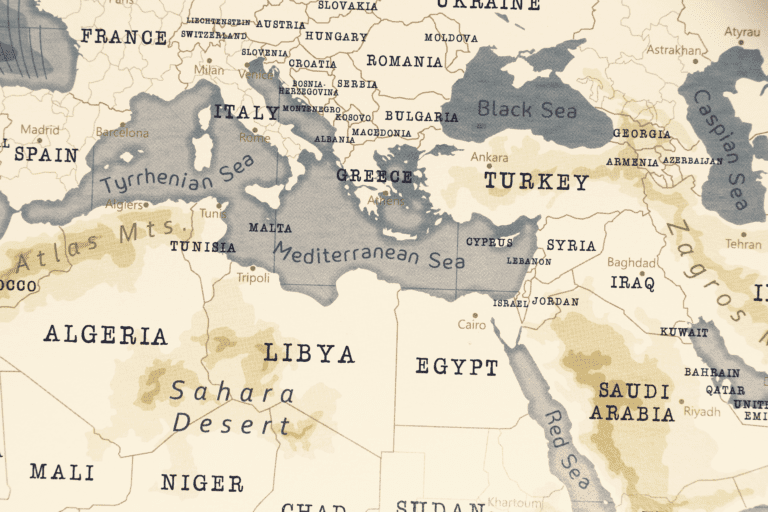
This is the second dossier of a multi-year project entitled, “The Future of the Mediterranean (dis)Order.” The first dossier analyzed the ongoing regional reset and emerging multipolarity, assessing their impact on intra-regional dynamics and the strategic recalibrations of regional actors in relation to external powers, as well as their approaches to conflict and crisis zones within the region. The first dossier was, hence, more thematic in nature.
learn more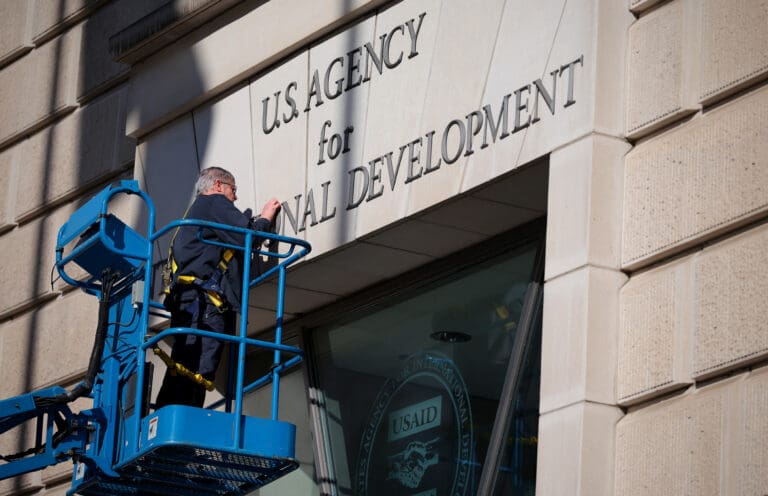
The Trump Administration began the morning of February 3, 2025, by telling staff and contractors of the United States Agency for International Development (USAID) to stay home. Elon Musk and his team at the newly minted Department of Government Efficiency (DOGE) spent the day digging through staff computers, digital records, and accounts seeking information on programs they felt were wasteful or not aligned with the new administration’s priorities.
learn more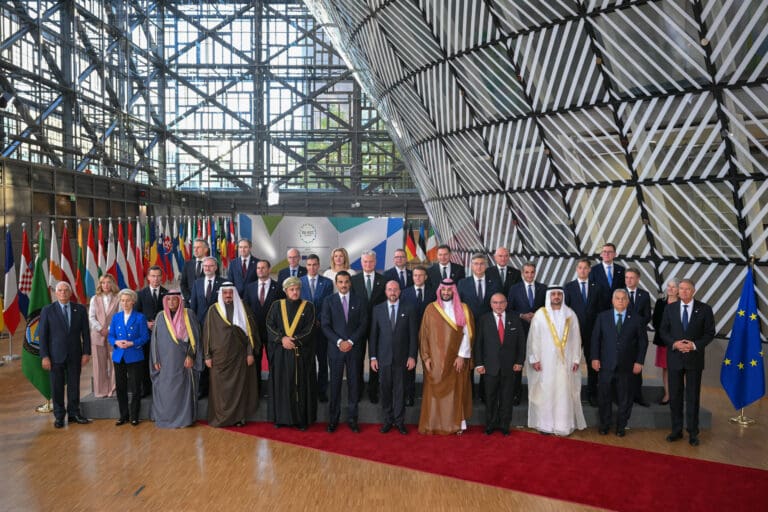
This issue brief analyzes the EU’s challenges in maintaining its influence within the GCC amidst a burgeoning GCC-Asia relationship and China’s rising prominence. It argues that the EU’s complex relationship with the GCC, entanglement with China, and internal struggles hinder its ability to compete effectively.
learn more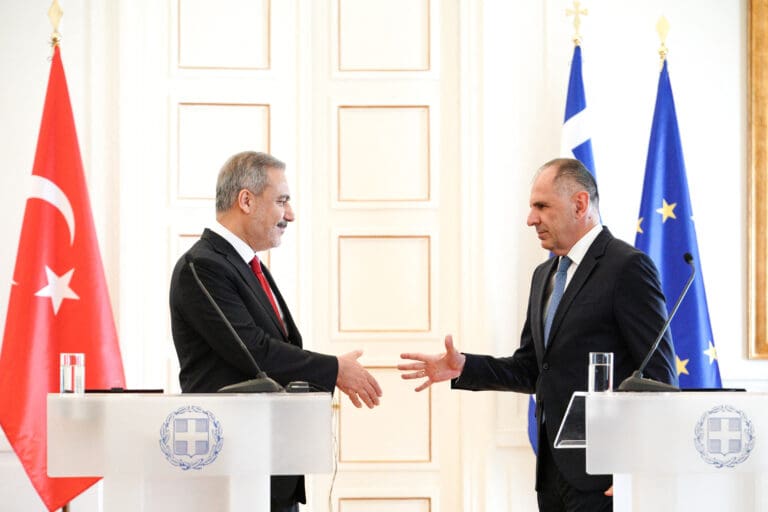
This policy note argues that a Greek-Turkish thaw needs to be couched within a broader Türkiye-EU reset.
learn more

